Which retailers went bust in 2023?
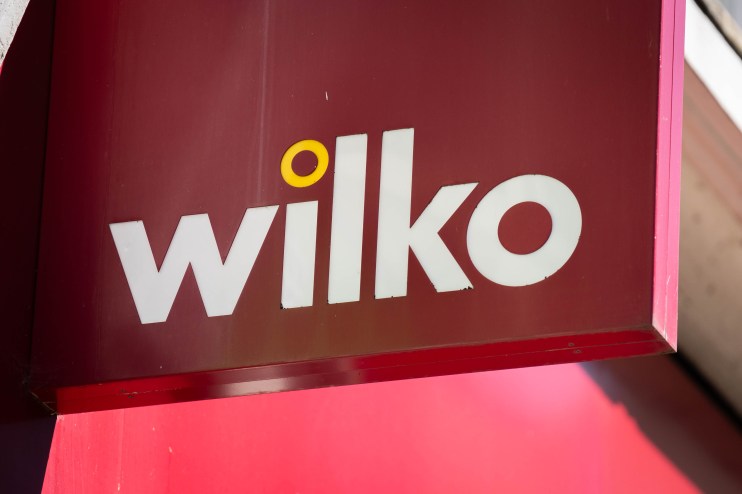
Another year, and another host of retailers that kicked the bucket. City A.M. takes a look at the biggest stores which went bust this year — leaving a gaping hole in our high streets and our hearts.
Le Pain Quotidien
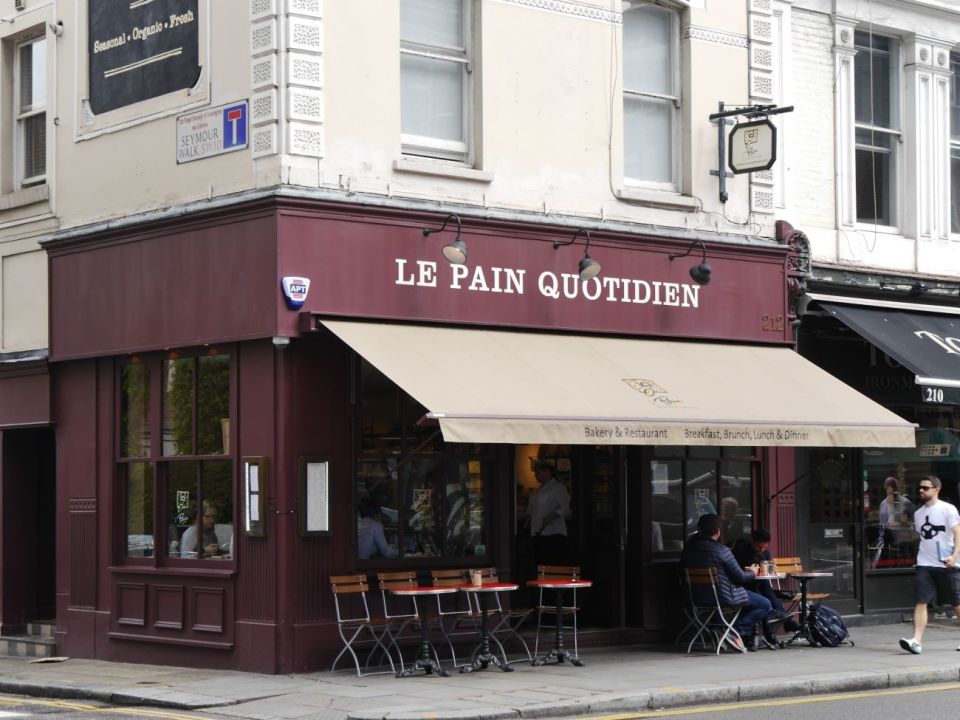
Once a City hotspot for morning coffee, Le Pain Quotidien, closed all but one of its eight sites across London back in July, in a blow for London’s hospitality sector.
The Belgian coffee chain’s last site standing was one in St Pancras.
At the time, Kroll’s who was handling the restructuring of the cafe chain blamed pressures on parts of the hospitality and casual dining sector for its collapse.
Le Pain Quotidien, French for the daily bread, has struggled in recent years, and filed for a Chapter 11 bankruptcy in its US division in 2020 – closing all 98 of its US stores.
A handful have since reopened in locations such as New York.
Paperchase
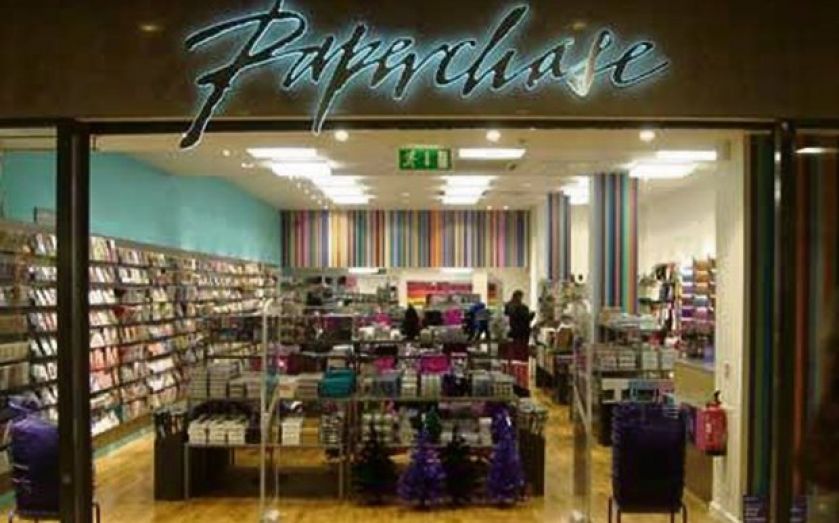
The pen and notebook seller collapsed after failing to find a buyer when it was put up for sale by retail heavyweight Steve Curtis.
Paperchase was bought out last August by retail investor Steve Curtis, having already been subject to a pre-pack administration in January 2021.
Its collapse left 106 stores across the UK and Ireland empty and left 820 jobs at risk.
Some 106 stores closed across the UK and Ireland, leaving 820 jobs at risk. Tesco later bought the retailer and intellectual property of Paperchase with its stationary goods sold in its stores.
Wilko
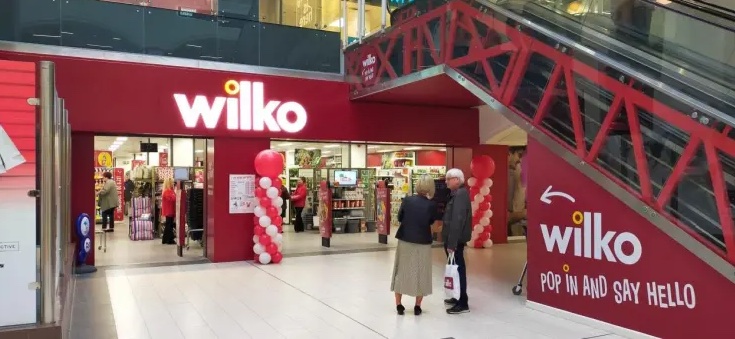
A cocktail of dwindling demand for physical stores and competition in the discount market appeared to tip this high street favourite into administration.
Wilko had one of the most dramatic processes of the year following its collapse, with a number of big names in the retail space circling the asset including HMV owner Dugg Putman.
Adding to the scandal, it was also unearthed that the Wilko family paid out a total of £77m to themselves and former shareholders of the retail chain in the decade leading up to its collapse.
Even as losses plunged to more than £35m last year a £3m dividend was paid.
In the end, B&M, The Range and Poundland carved up the high street store with plans to transform them into their own discount model.
But two new Wilko stores have since returned to the high street after The Range resurrected them.
CDS, the parent company of The Range, plans to open more Wilko stores next year and said it is planning to expand the brand to Northern Ireland for the first time.
The Meatless Farm Company
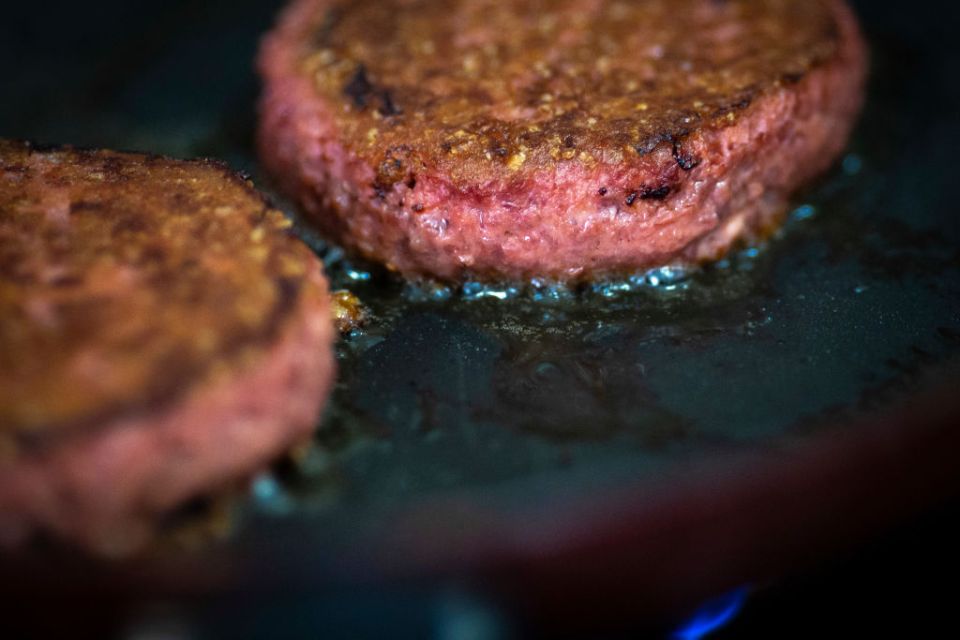
Cash-strapped Brits giving up meat alternatives in wake of the cost of living crisis, tipped this vegan firm over the edge.
The company which retails vegan sausages and burgers went bust back in June.
But the company was later rescued from collapse by vegan food maker VFC.
Victoria Plum

Victoria Plum was bought by AHK Designs, which acquired the bathroom retailer in October after it had been put up for sale by Endless, the company which has owned the business since 2019.
The deal was completed through a pre-pack administration which was handled by ‘Big Four’ accountancy firm EY.
“The joint administrators completed a sale of the business and certain assets of the company to AHK Designs LTD,” a statement from EY said.
